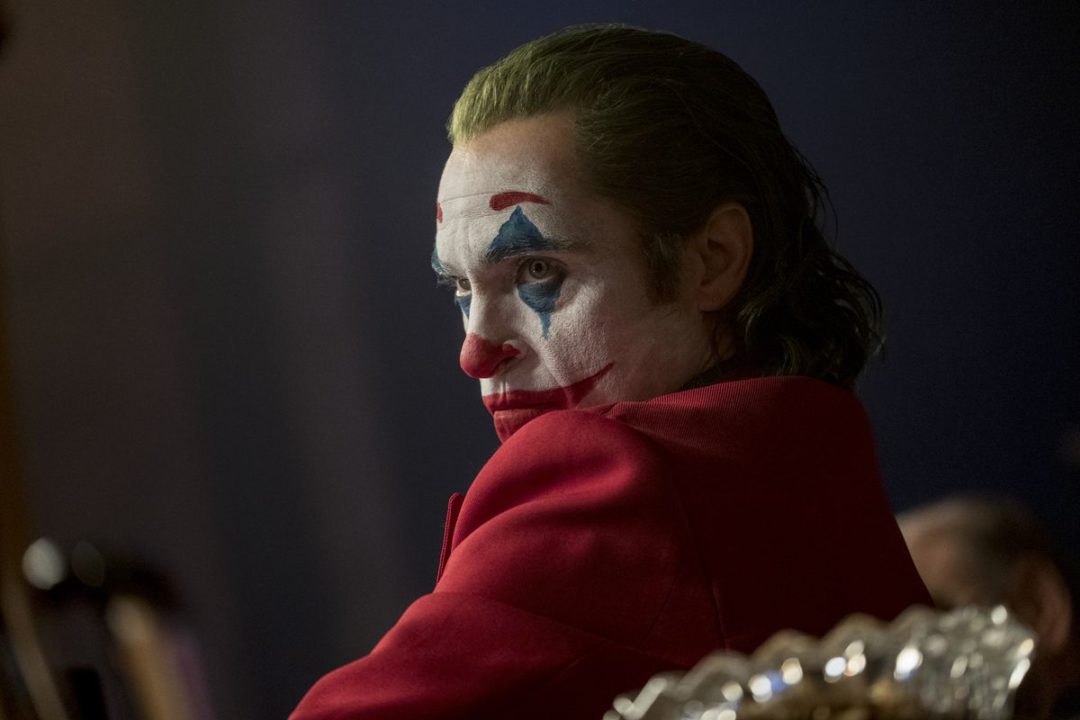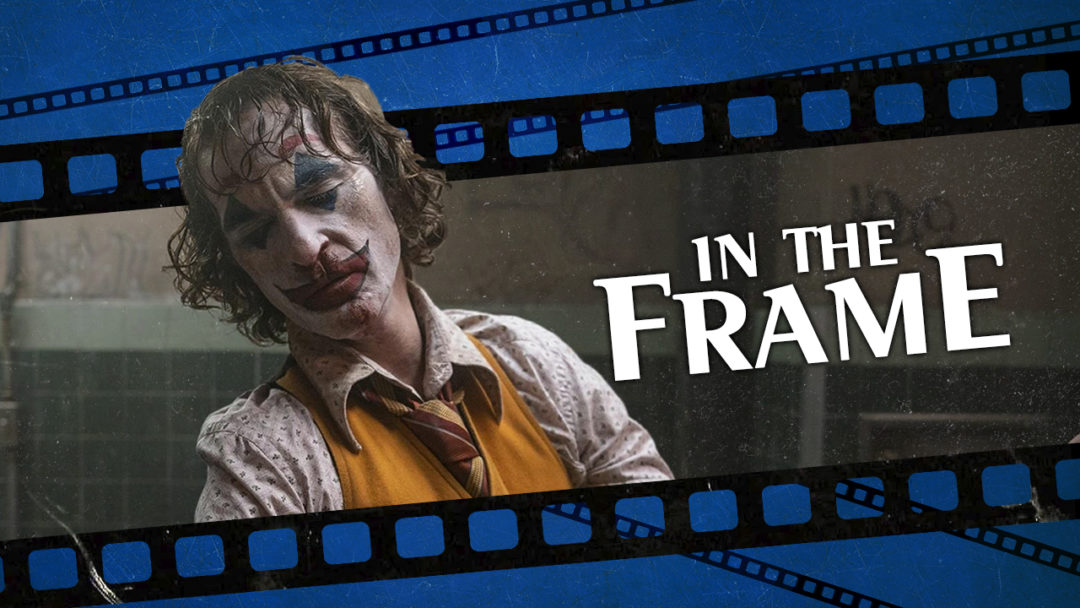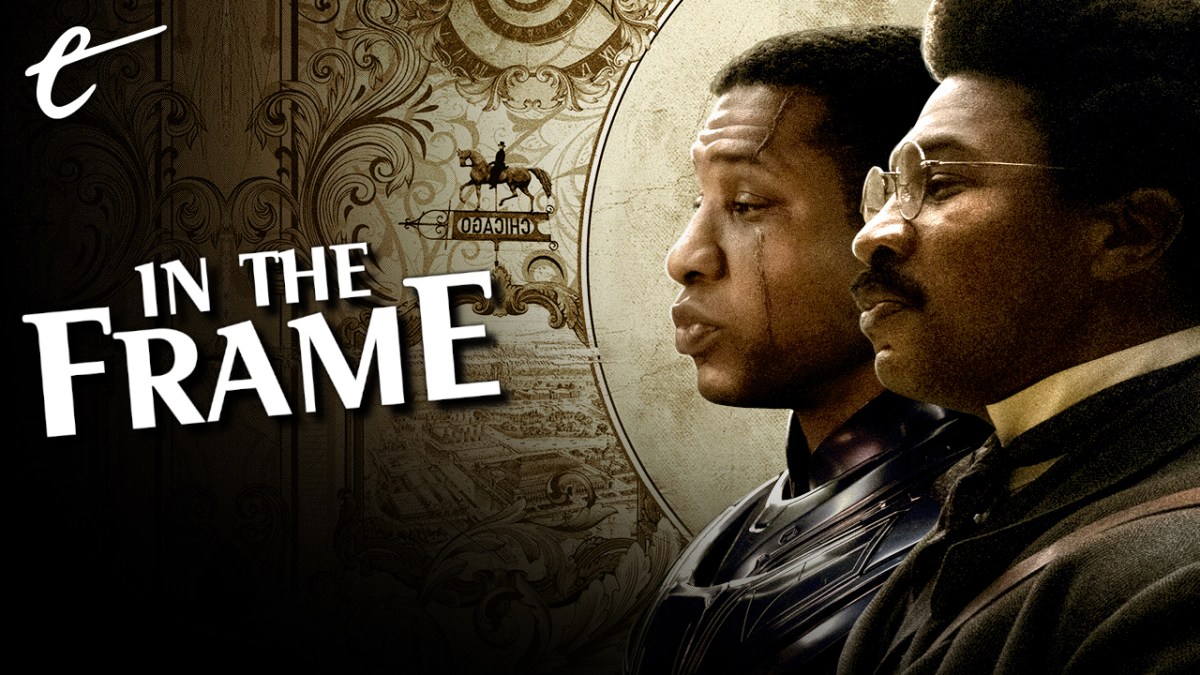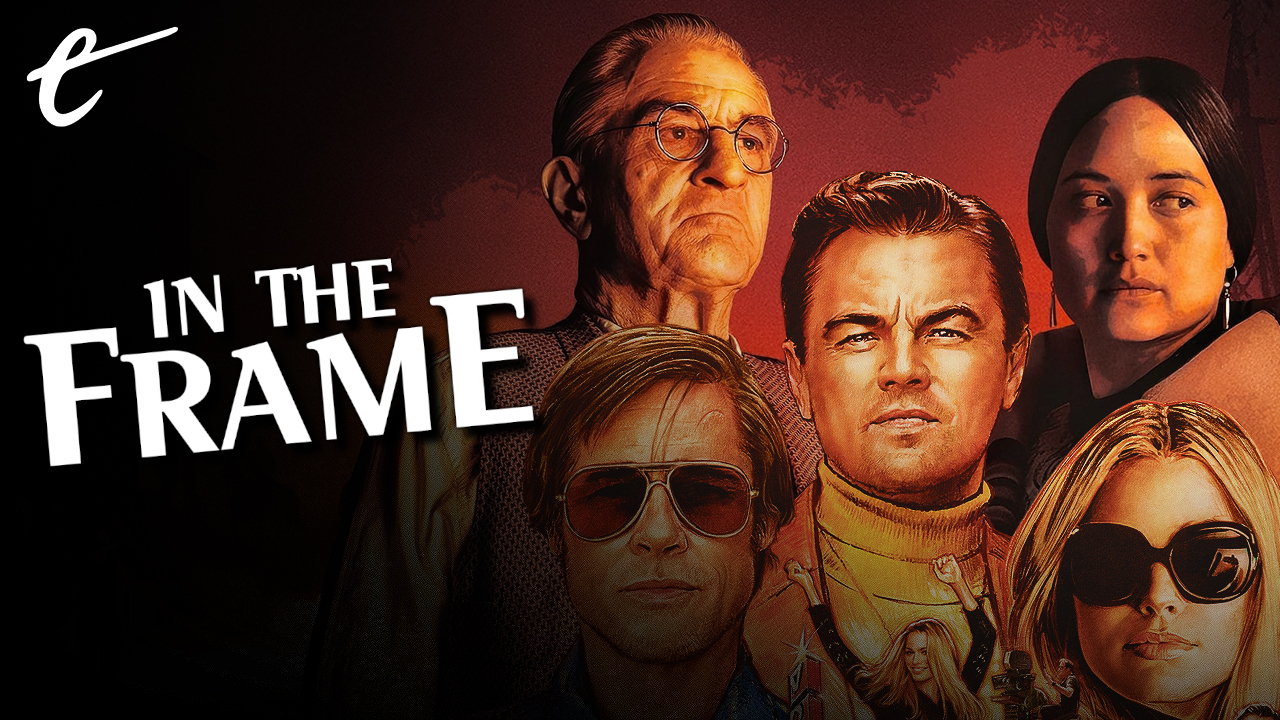This article contains major spoilers for Joker.
Joker co-writer and director Todd Phillips doesn’t see the film as a conventional superhero movie but as an extended homage to ’70s and ‘80s cinema. The film was originally meant to be produced by Martin Scorsese and owes an obvious debt to his films like Taxi Driver and The King of Comedy. Joker includes sequences that evoke landmarks of American cinema from the long stairs in The Exorcist to the visceral train chase in The French Connection. Phillips has even cited Chantel Akerman’s documentary set in 1970s New York as an influence of his film.
Phillips told star Joaquin Phoenix to think of Joker as a heist movie, stealing the superhero budget from Warner Bros. to make a different sort of film. Phillips has openly dismissed standard superhero cinema, admitting that he doesn’t even watch most comic book blockbusters. “They give me headaches half the time, they’re so loud,” he told IndieWire. Joker does not draw from any particular comic book source material. Phillips told Empire, “We’re not even doing Joker, but the story of becoming Joker.”
In spite of these protestations, Joker is very much a superhero movie. DC Comics chief creative officer and co-publisher Jim Lee has argued that there is nothing in the film that explicitly contradicts the long-standing characterization of the Batman villain. While that might be a stretch, Joker carries over a surprising amount of comic book material for a film that eschews the classification.
Although the first half of the film teases a linear and clear-cut origin for failed comedian Arthur Fleck, the second half adds a lot more ambiguity and shading reflecting the “multiple choice” origin that Alan Moore and Brian Bolland proposed for the character in their graphic novel Batman: The Killing Joke. The film’s talk show-based climax evokes the Joker’s triumphant return to public life in Frank Miller’s The Dark Knight Returns.

Joker offers a warped reflection of the classic superhero origin story, which is typically about transcendence. Tony Stark is reborn in a cave in a wartorn country and Steve Rogers becomes a new man after taking a special superhero serum. Christopher Nolan articulated the concept very literally in Batman Begins when Bruce Wayne makes himself “more than just a man.”
In Joker, Arthur also aspires to be more than he is. “I want to be seen,” he scrawls in his notebook. He tells his social worker, “My whole life, I didn’t know even if I really existed. But I do. People are starting to notice.” When Arthur finally appears on the late-night talk show that he loves, he takes the stage name “Joker.” Over the course of the film, Arthur’s clown makeup becomes a larger symbol than the man himself. It is adopted by populist protests against the city’s elites, like the chalk bat symbols in The Dark Knight Rises or the Guy Fawkes mask from V for Vendetta in real life.
Superheroes are meant to represent ideals. When Lois Lane asks about Superman’s iconic “S” shield in Man of Steel, the hero explains “On my world it means hope.” The irony of Joker is that Arthur’s elevation to a symbol is entirely empty and meaningless. Arthur is not a champion of the working class or an avatar of a populist uprising. “I’m not political,” Arthur repeatedly states when pressed about the movement’s use of clown imagery, and he seems to believe it.
The subway murders that turned Arthur into a celebrity were not an act of class warfare, but simple self-defense. As Gotham descends into anarchy, Arthur is not leading the people inspired by his example. He is appearing on Murray Franklin’s (Robert DeNiro) show, indulging his own yearning for celebrity. When Arthur finds himself feted by rioters at the end of the movie, it is by accident rather than by design.

Joaquin Phoenix lost 52 pounds to play the Joker, which seems like a pointed inversion of the standard superhero template. Chris Hemsworth put on 20 pound of muscle to play Thor and Chris Evans gained 30 to play Captain America, presenting superheroes as hypermasculine ideals. Phoenix’s emaciated form is a parody of the template.
Flying is a powerful visual metaphor for the way in which heroes rise above themselves in films like Superman or Iron Man. In contrast, Joker is about descent. In the first half of the film, Arthur is constantly trundling up steps to humiliation after humiliation: a job he hates, a toxic home life, and comedy club embarrassment. Joker suggests that Arthur is liberated through descent. Arthur often skips and bounds down steps, to the point that one of the film’s most distinctive (and mimetic) set pieces finds the character dancing down the stone stairs from his apartment building.
The standard narrative arc of the superhero origin story involves the loss of a surrogate or biological parent, usually, although not exclusively, a father figure. Thomas and Martha Wayne die so that Batman may be born. Tony Stark’s fellow captive professor Ho Yinsen sacrifices himself to help Stark escape and become Iron Man. Steve Rogers cradles Dr. Abraham Erskine’s dead body in his arms on the same day the scientist turned him into a superhero. Peter Parker learns the importance of responsibility after the death of Uncle Ben.
Joker plays with that template. Arthur spends most of the film actively looking for his father. Initially, he fantasizes about being embraced by talk show host Murray Franklin, who Arthur imagines likening him to an ideal son. Later, Arthur buys into his mother’s confession that Thomas Wayne (Brett Cullen) might actually be his long-absent biological father. This absence drives Arthur as much as anger at society or desire for human connection. When Thomas asks what Arthur wants from him, Arthur denies wanting money. “Some warmth,” he suggests. “A hug.”
Superhero stories often hinge on cementing the connection between father and son, from Bruce Wayne saying, “Yes father, I shall become a bat,” to Thor proving himself worthy of his inheritance. Instead, Joker further strips away this connection. Arthur isn’t even the biological son of Penny (Frances Conroy), the woman he calls mother. He was adopted by her and abused by her boyfriends.
Joker ends with the death of Arthur’s two surrogate fathers. He shoots Murray at point blank while Thomas is murdered by a stranger wearing one of the clown masks Arthur inspired. Joker is employing the language of superhero origin stories, but the execution is deliberately perverse. Arthur doesn’t just confront the mortality of his father figures; he is responsible for their deaths. The result is an unsettling twist on many of the core ideas and motivations of a superhero story, using the perversion of familiar beats to produce something truly uncanny and unsettling.






Published: Oct 7, 2019 12:00 pm